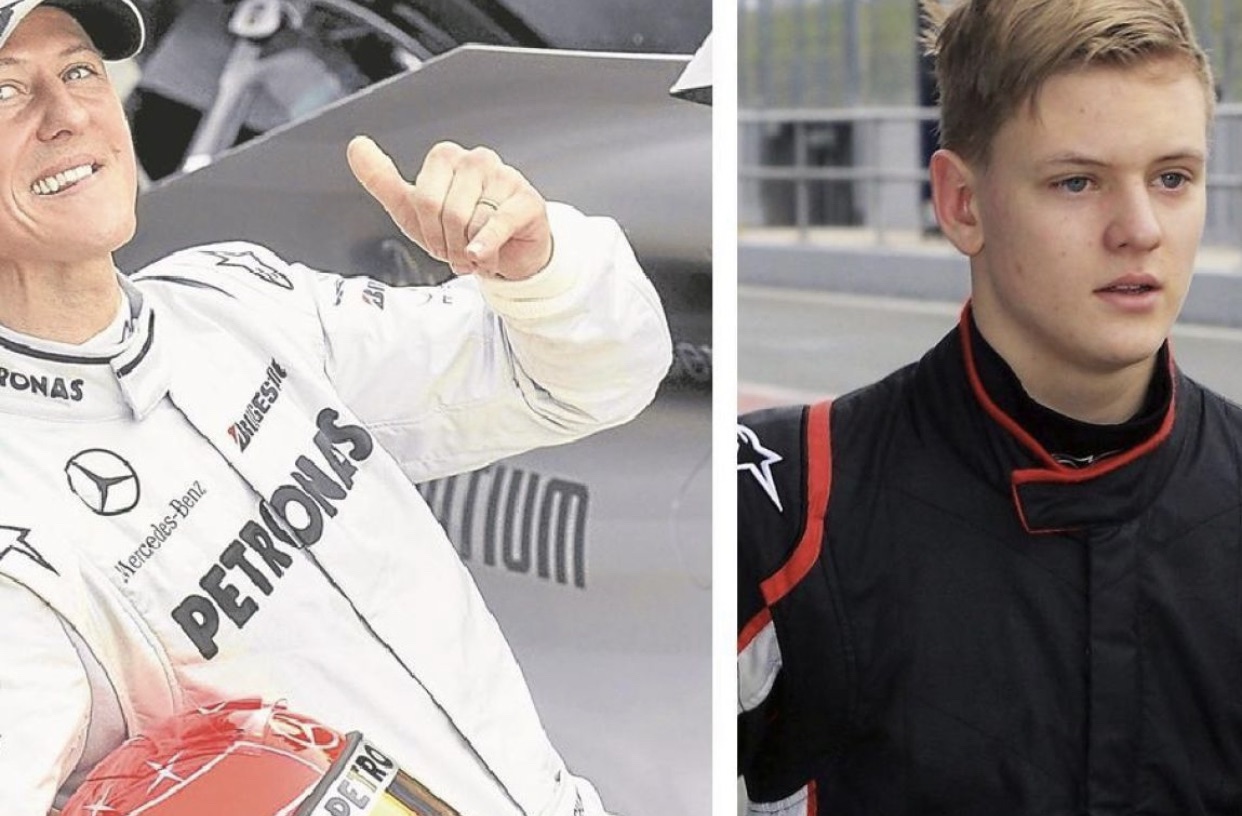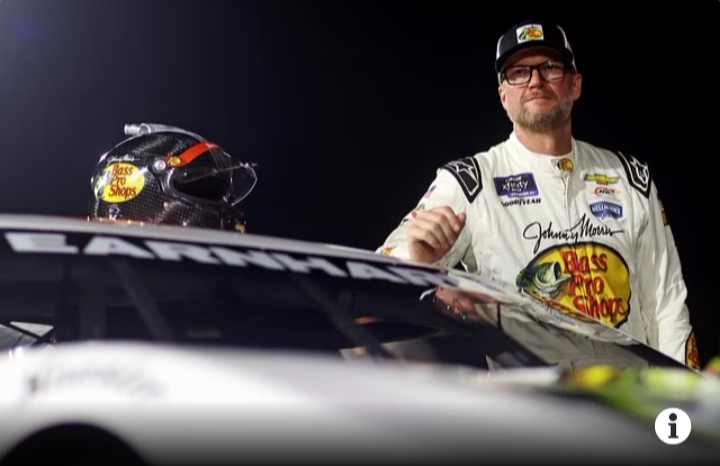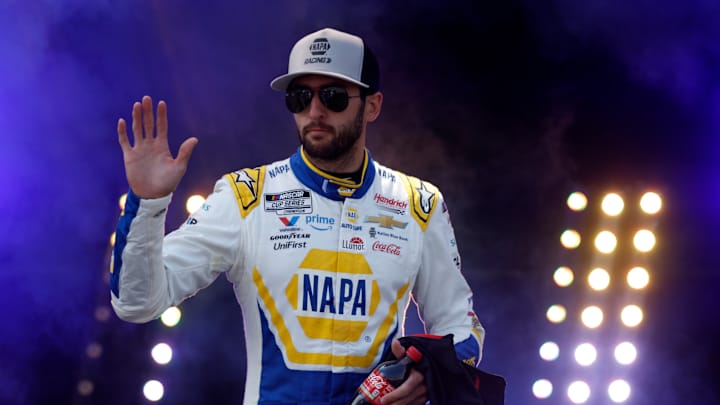The Schumacher name is synonymous with success in Formula 1, with Michael Schumacher often considered one of the greatest drivers in the sport’s history. His seven world championships and numerous records have cemented his legacy as an icon of motorsport. However, for his son Mick Schumacher, who has followed in his father’s footsteps, the journey into Formula 1 has been anything but easy. Despite his family’s legacy and his own impressive achievements in the junior categories, Mick has struggled to secure a long-term place in the pinnacle of motorsport. But why was Mick Schumacher denied the chance to compete at the highest level in Formula 1? Let’s explore the key factors behind this decision.
- The Shadow of a Legendary Legacy
When your father is Michael Schumacher, expectations are incredibly high. As Mick progressed through the ranks, from karting to Formula 3 and Formula 2, he carried the weight of his father’s legacy with him. Fans, sponsors, and teams all expected him to live up to the Schumacher name, and anything less than stellar performances were met with scrutiny.
Mick’s entry into Formula 1 in 2021 with Haas F1 Team was met with excitement and curiosity. Everyone wanted to know if the younger Schumacher could emulate even a fraction of his father’s success. However, the reality of Formula 1 is that talent alone isn’t always enough—circumstances, timing, and the right team behind you can make or break a driver’s career.
From the beginning, Mick’s performances were judged harshly against his father’s legendary status. The burden of comparison was immense, and while Mick showed promise, it was clear he needed time to develop. Unfortunately, in the high-stakes world of Formula 1, time is often a luxury that drivers cannot afford.
- The Struggles at Haas
Mick Schumacher’s debut with Haas in 2021 came during a difficult period for the team. Haas was at the back of the grid, and their car was one of the slowest on the track. For a rookie like Mick, this made proving his potential even more challenging. Despite showing glimpses of his talent, he struggled to consistently deliver results in an uncompetitive car.
Throughout the 2021 season, Schumacher had a few standout performances, including solid qualifying efforts and holding his own against more experienced drivers. However, the limitations of the Haas car meant that Mick spent much of his time battling at the back of the pack, often out of the spotlight. With few opportunities to score points, he couldn’t showcase the same kind of results that might have impressed top teams or secured him a stronger foothold in Formula 1.
Haas, a team operating on a limited budget, made it clear that they were looking for drivers who could not only bring talent but also avoid costly crashes. Unfortunately for Mick, while he showed promise, he was also involved in several high-profile accidents, which led to significant repair costs for the team. This created a perception that Mick was a risk, something that small teams like Haas could ill afford.
- Changing Team Priorities
Another significant factor in Mick Schumacher’s situation was the changing priorities of the teams. Haas, under team principal Guenther Steiner, had been focused on rebuilding the team’s competitiveness after years of struggling. For a team operating on a tight budget, maintaining a balance between experience and future potential is crucial.
As the 2022 season progressed, rumors began to circulate that Haas was considering moving on from Mick in favor of a more experienced driver. Eventually, the team opted to bring back veteran driver Nico Hülkenberg for the 2023 season, a decision based on Hülkenberg’s extensive experience and reputation for consistency. This choice left Mick without a seat, despite his efforts and growth during his time at Haas.
Haas’ decision reflected a broader trend in Formula 1: teams are often reluctant to invest in young drivers who require time to develop, particularly if they’re not immediately delivering results. The need for instant success in the high-pressure environment of Formula 1 can be brutal, and Mick found himself caught in that reality.
- The Politics of Formula 1
In addition to performance issues, politics in Formula 1 also played a role in Mick Schumacher’s struggles to secure a long-term seat. Formula 1 is not just about talent—it’s also about connections, timing, and financial backing. Drivers with strong financial support or backing from sponsors can often find their way into competitive teams, even if their on-track results are not stellar.
While Mick Schumacher had the advantage of his famous name, the financial backing that came with it was not enough to secure his future in the sport. As teams balance their budgets, they often look for drivers who can bring significant sponsorship deals to the table. Mick, while marketable, was competing in a landscape where other drivers had stronger commercial backing or more established partnerships.
Moreover, Formula 1 teams are often involved in complex political dynamics. Decisions are influenced by relationships between sponsors, manufacturers, and stakeholders. In this highly competitive environment, even talented drivers can be left out if they don’t align with the team’s strategic goals or financial requirements.
- A Path Forward?
While Mick Schumacher may have lost his seat in Formula 1 for now, his journey is far from over. Many talented drivers have found themselves without a seat, only to make a successful return to the sport. Mick has already secured a reserve driver role with Mercedes, a team that has long supported young talent and champions long-term development.
In this role, Mick will continue to be involved in Formula 1, participating in testing and development work while learning from one of the most successful teams in the sport. This could be the perfect environment for him to further develop his skills, rebuild his confidence, and position himself for a return to the grid in the future.
Conclusion
The story of Mick Schumacher in Formula 1 is one filled with promise, pressure, and the harsh realities of the sport. Despite his famous last name, Mick’s journey has been far from easy, and he has faced challenges that go beyond simple performance on the track. From the burden of living up to his father’s legacy to the financial and political complexities of modern Formula 1, Mick’s path has been difficult.
However, with talent, determination, and the support of key figures in the industry, Mick Schumacher’s story in Formula 1 may not be over yet. For now, he remains a figure of great interest, and fans around the world continue to hope that he will one day have the opportunity to fulfill his potential on motorsport’s grandest stage.




